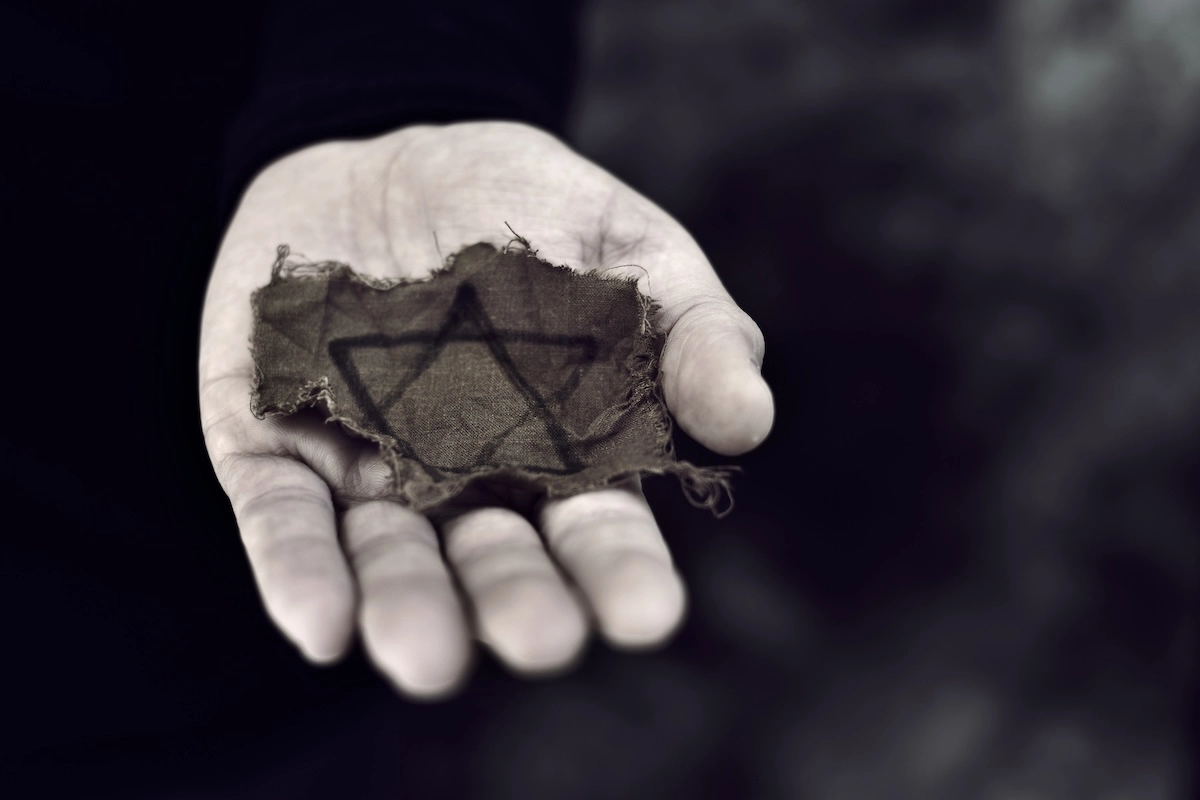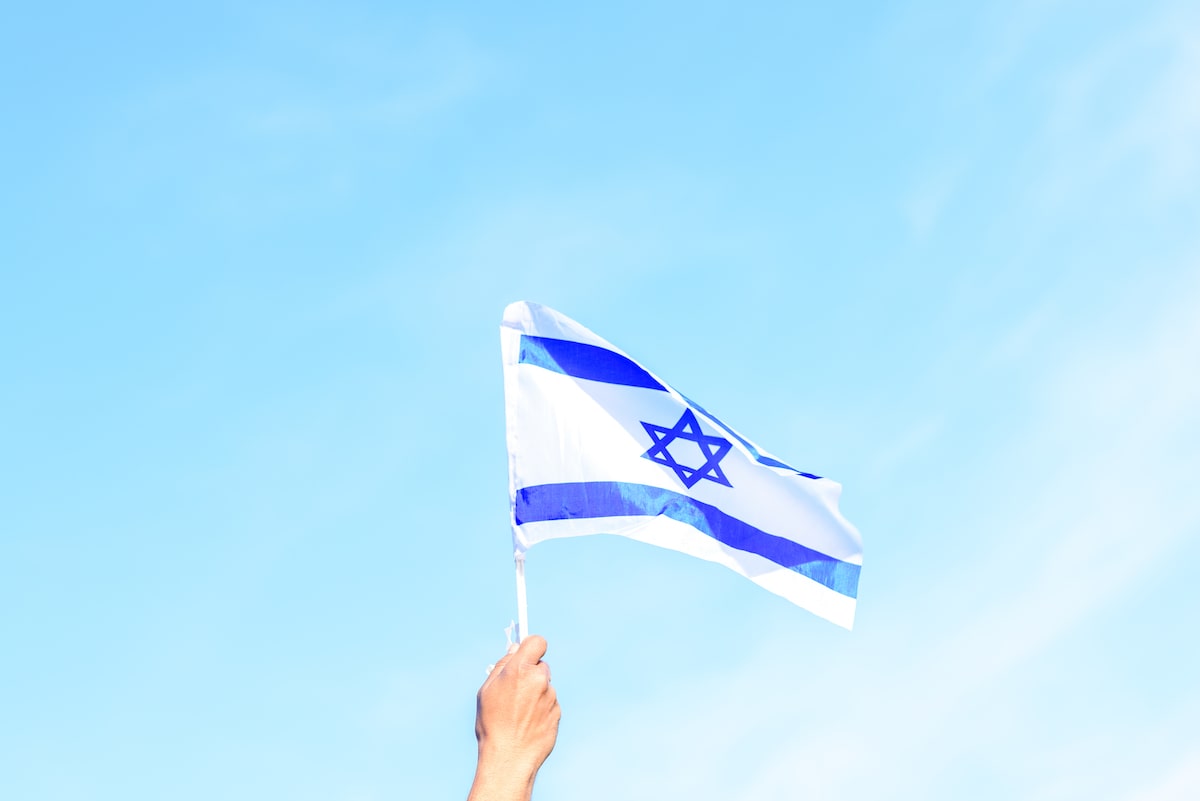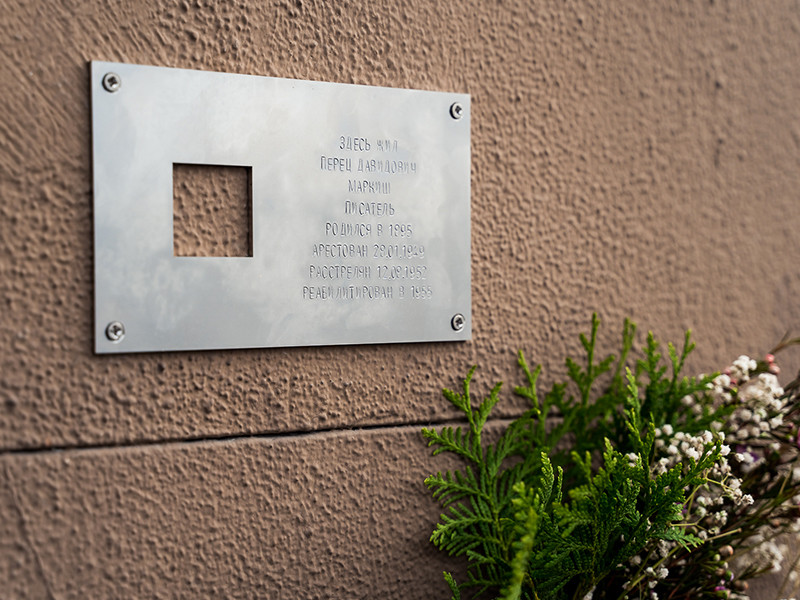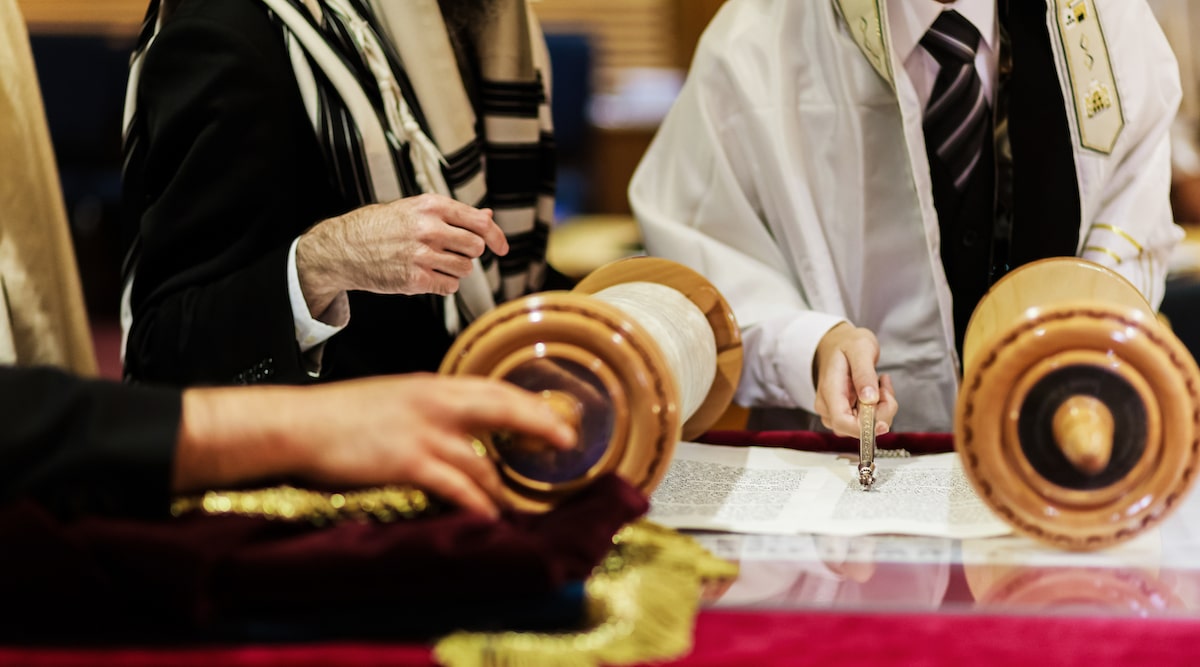
We continue cooperation with the institute of Rabbi Adin Even-Israel Steinsaltz and publish specially prepared material for the communities of the EAJC members. We publish this article after the death of Rabbi Steinsaltz, one of the greatest philosophers of our generation, a scientist and a Hasid. Let his memory be blessed.
On the festival of Hanukkah, we celebrate the Hasmonean victory over the Greeks and the Hellenism that spread among the Jewish people. Each year during this festival, we are reminded that we must continue the struggle to maintain our singularity – particularly in our time, when we are faced with the very same issue. Hanukkah marks the encounter between a stiff-necked, intolerant Jewish people and an “open”, “tolerant” world.
The Hellenistic world was very much like our own. Neither world has major values of significance; hence, neither is marked by the clash of opposing values. There is no conflict between beauty and truth, between science and Torah, or between technological progress and preservation of the existing order. The conflict with Hellenism was much simpler, like our conflict with the world in which we live today.
In our day, most people do not accept world culture out of belief in and recognition of the truths of its philosophy, but because of widely accepted norms; similarly, in those days, most Hellenists did not accept Greek culture out of faith. A certain percentage of the population accepts this outlook of flexibility as a principle; others see that society behaves this way, and they are influenced by its approach. Finally, this outlook penetrates even people who are basically believers. Gradually, they are convinced that the correct attitude toward principles is: “I respect your way; now you, too, respect mine.”
In the world today, everything is negotiable; a compromise can be reached about every issue, because values are relative and of no real importance. All values are equivalent to one another, because there is a limit to the degree of one’s investment in them.
Conversely, the celebration of Hanukkah is built on the assumption that there is such a thing as a Jew and that the Jewish essence cannot be compromised. Moreover, it is rooted in the principle that I must agree that the essence of a Jew is found within me as well.
In commemoration of the Jewish victory over Hellenism, we celebrate Hanukkah as the festival of those people who are still moved by zeal for their Judaism. Hanukkah is perceived by the public as a pleasant holiday, for it entails many delights and hardly any duties, but in essence, it is a religious-zealous holiday!
The direct result of the war that we recall and celebrate on Hanukkah was Judaism’s survival. Had the Hasmoneans not undertaken the struggle, or had they lost it, it is reasonable to assume that our fate would have been like that of the other peoples of the region – the Philistines, the Ammonites, and the Moabites – who assimilated to the point of the loss of their ethnic identity and their disappearance from the stage of history. The war was over the preservation of Jewish selfhood; miraculously, we have thus far prevailed in this aim.
Wars, victories and defeats are historical events, and just as they unfold before our eyes, so do they vanish from historical memory. Jewish statehood was lost at least twice, and the Jews wandered countless times from place to place, yet remained alive. If, however, the people’s distinctiveness is lost – even if only once – then it no longer matters whether we have territory or a flag. Without the people, we have nothing.
On Hanukkah, then as now, we struggle not for our independence but for our selfhood. Our victory in war more than two thousand years ago entailed more than our survival. We are not just a race that survives, but a complete spiritual entity called “Judaism,” which continues to pulsate with life.



